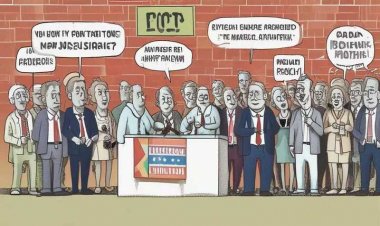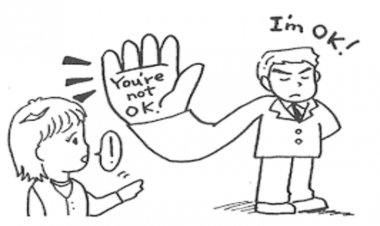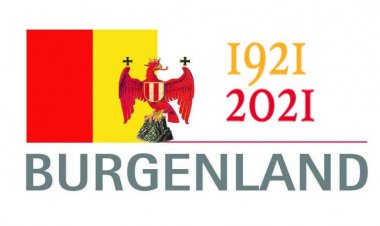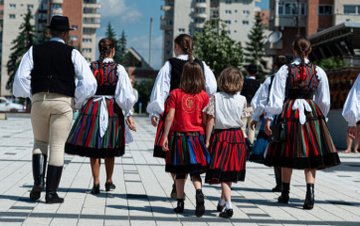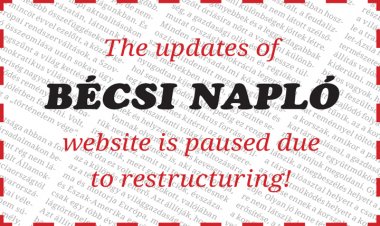Hungarians of Transylvania on the map of the European values
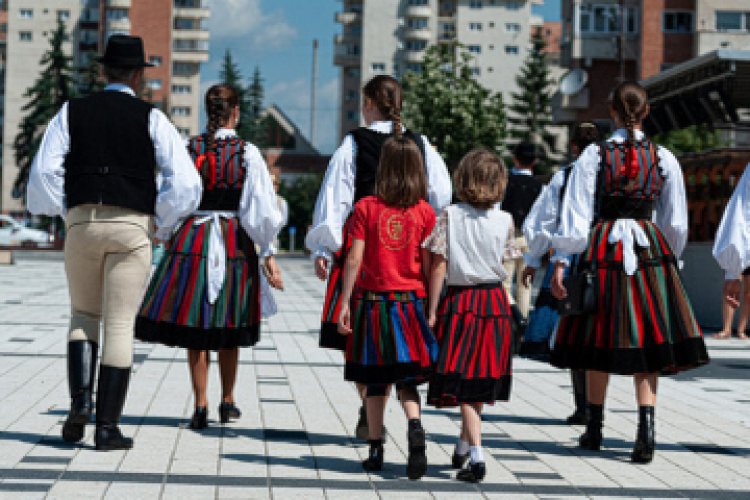
As a debut, the Institute for Minority Studies (Kolozsvár, Cluj, Klausenburg), which functions as a Romanian governmental agency, participated in the international comparative project, called: European Values Study. This project usually compares different countries, yet, included this time two minorities, the Swedish from Finnland, respectively, the Hungarians from Romania, too.
Considering the results referring to Hungarians from Romania, the outcome of this representative project shows that concerning the family values, the gender role issues, respectively the religious attitudes there are no significant differences between minority and majority. Furthermore, it is statable that the members of the Hungarian minority in Transylvania in their conservative values stand closer to the Romanian majority, while the Hungarians from Hungary, by comparison, present somewhat more liberal attitudes.
The best example in this sense is the similarity regarding the religiousness of the minority and majority communities in Romania. Before presenting some data, we have to stress the somewhat special situation of Romania, where even in the decades of socialism the institutions of the Romanian Orthodox Church endured well. After the fall of communism, the Orthodox Church took back its central position in society through its special services, being involved in healthcare, education, penitentiary, etc. This extreme importance of the Church contradicts the pronounced secularity of western countries. Should be highlighted that in Romania the state runs major financing projects of the Church, that's why in the last three decades the number of churches almost doubled.
Although they worship in different ways, yet, data of the mentioned study reveal the increased religious needs of the majority and minority, as well. In this context, the confessional pertaining is 97% by Romanians and 99% by the members of the Hungarian minority. Regular churchgoers are 31% Romanians, respectively 34% Hungarians and 81%, respectively 83% are saying prayers regularly. 85% of the Romanians declared themselves religious, while by the Hungarians this value is 89%. To complete the look, we mention that religious activity is typically very high in all confessional communities of the country.
Summary of : Kiss Tamás: Erdélyi magyarok Európa értékrendtérképén (extract)















